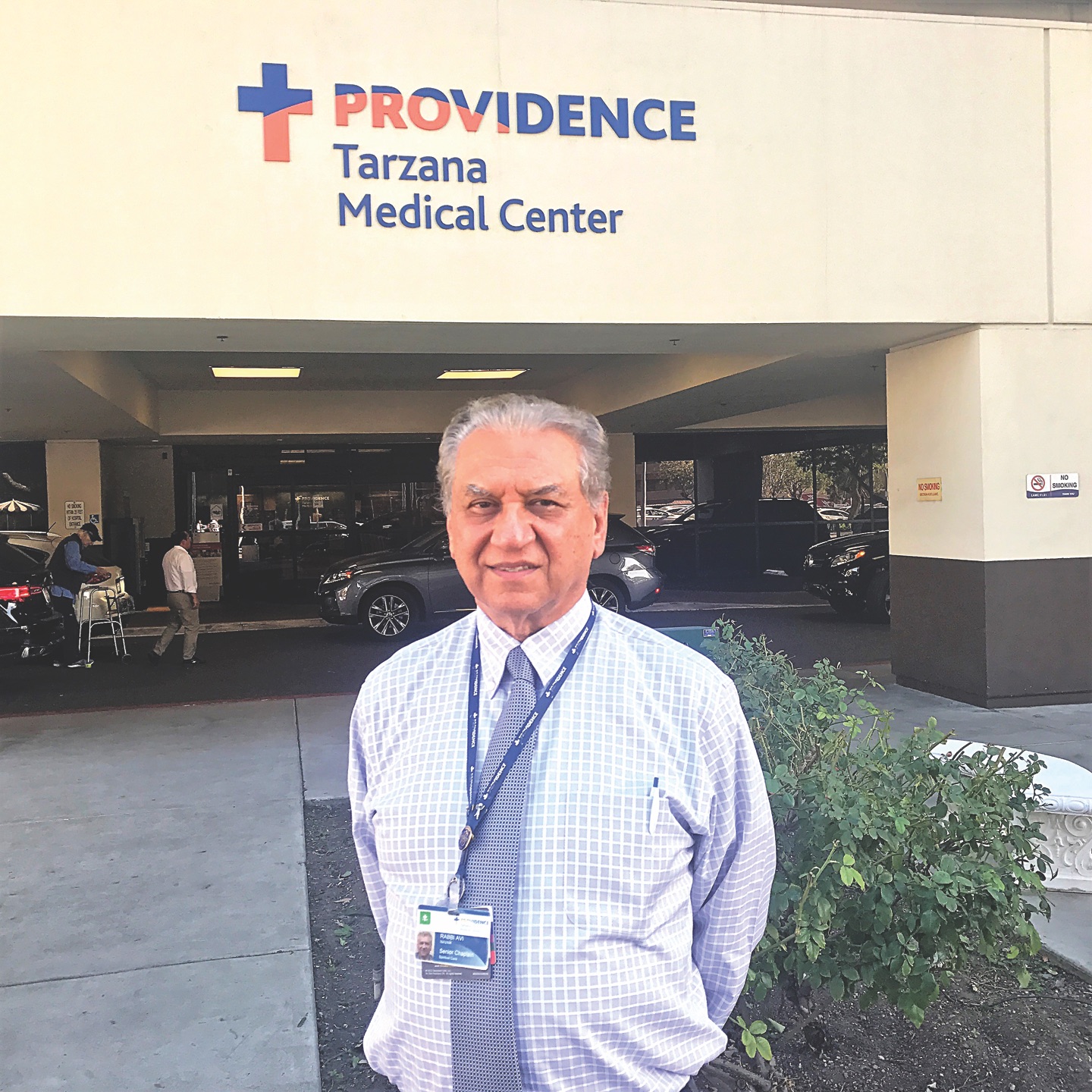
Rabbi Avi Navah will never forget his first day on the job as a chaplain at Providence Tarzana Medical Center, when he had to comfort a woman whose husband was rushed to the hospital after suffering a massive heart attack and died.
“It was very tough” he said. “She was in shock because it was so unexpected. He was in his early 70s. I held her hand and simply sat with her. Sometimes, there is no need to say anything — just to be there and offer comfort.”
It was quite a change from the work he had been doing for most of his career as a businessman who imported furniture from Indonesia and Bali. But at age 50, Navah decided he needed more spirituality in his life.
“It was after we had returned to the States from Israel, where I worked for an American company,” said Navah, who immigrated to the United States from Israel in 1972 and returned there for two years in 2000. “Rabbi Daniel Bouskila is a very good friend of mine, and we used to meet and talk about spirituality and religion. One day, he told me that he was teaching Talmud at the Academy of Jewish Religion and maybe I’d be interested in joining the class. At first, I sat there as a guest but soon after decided to enroll as a full-time rabbinical student.”
Navah meets with Jewish, Christian and Muslim patients alike. The role he plays for Jewish patients, though, is special.
Navah, now 67, had what some would call a spiritual awakening. He met in class people like him — doctors, teachers, people from all walks of life who had a passion for Torah studies. Navah continued running his business while he was studying at rabbinical school for the first two years, but then realized he didn’t care about the business anymore and wanted to devote himself fully to his rabbinical studies.
Navah did his internship at Temple Ner Maarav in Encino, where he served for six months, and then served as the rabbi at Kadima Day School in West Hills. The decision to become a chaplain came after his son, who was in nursing school, took a class in hospice care and learned about the role of a chaplain at the hospital.
“Research had shown the importance of spirituality and faith for the healing process of patients, and many hospitals employ chaplains,” said Navah, who joined a yearlong class in clinical pastoral education through UCLA.
“I was the only rabbi in the program. The rest were pastors and priests,” he said.
Seven years ago, he joined the Tarzana hospital as its only rabbi chaplain. Since his first day, Navah has comforted and supported many families during the most difficult of times in their lives.
“At the beginning, it was hard,” he said. “I carried it back home with me. I had the need to share with others my difficult experiences [working with terminally ill patients], but with time, it became easier.”
As part of his work, Navah meets with Jewish, Christian and Muslim patients alike. The role he plays for Jewish patients, though, is special.
“I have a list of all the Jewish patients in the hospital, so each Friday, I visit them and offer Shabbat candles and kosher challah along with a healing blessing,” he said.
On Rosh Hashanah, Navah takes his shofar and blows it in patients’ rooms, to the delight of nurses and doctors alike. On Sukkot, he visits them with the etrog and lulav.
This Hanukkah, Navah will light the large electric menorah in the lobby of the hospital on each night of the holiday. He also will visit each Jewish patient and offer them a small electric hanukkiah.
The work with patients — of all religions and of different backgrounds — who are facing severe health problems, even death, has taught Navah the power of faith, prayer and compassion, no matter what one’s religion is.


















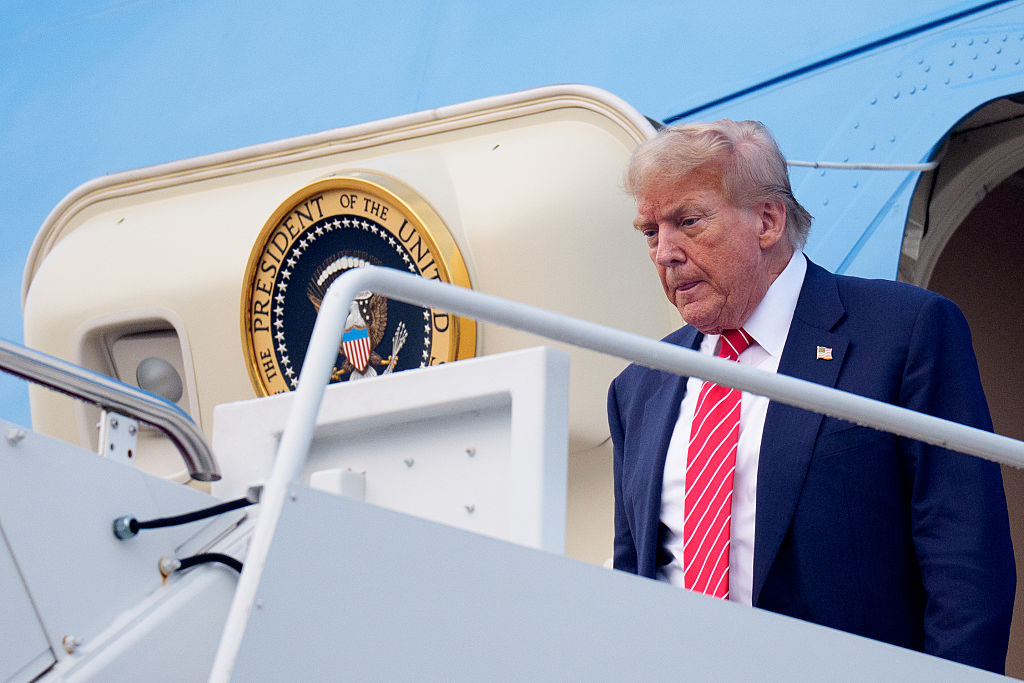
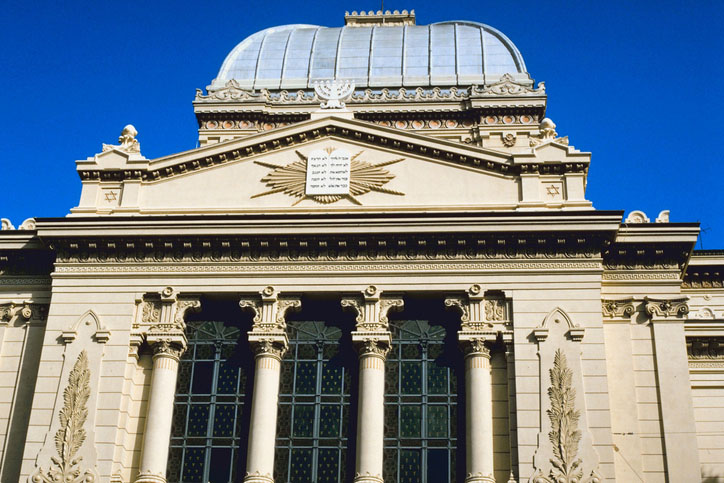

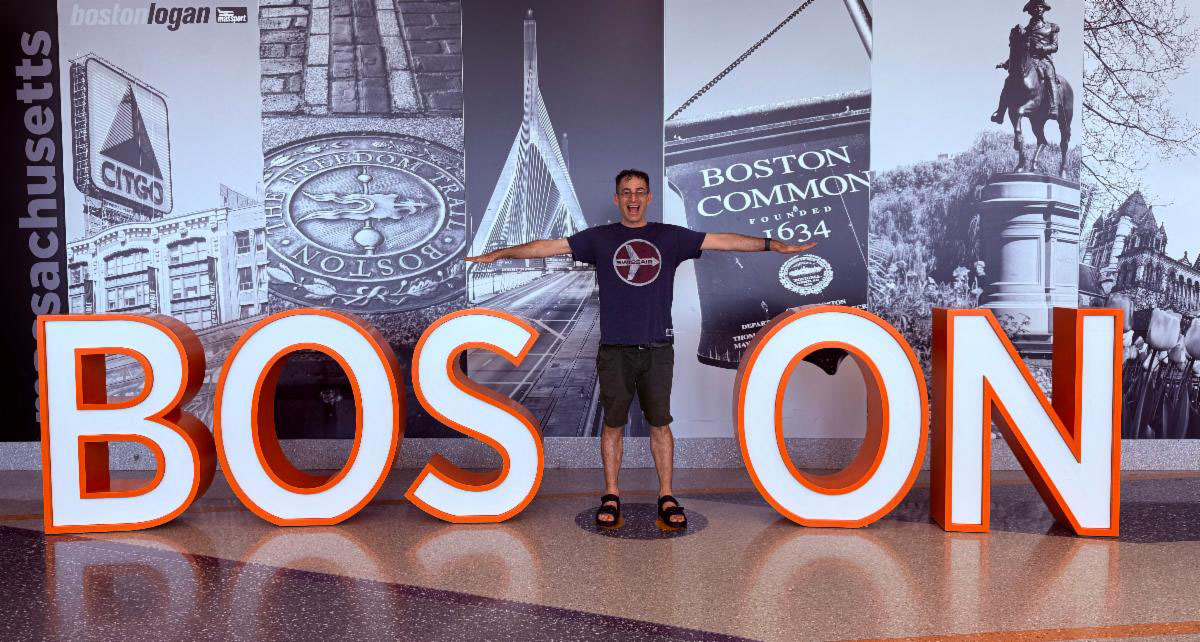
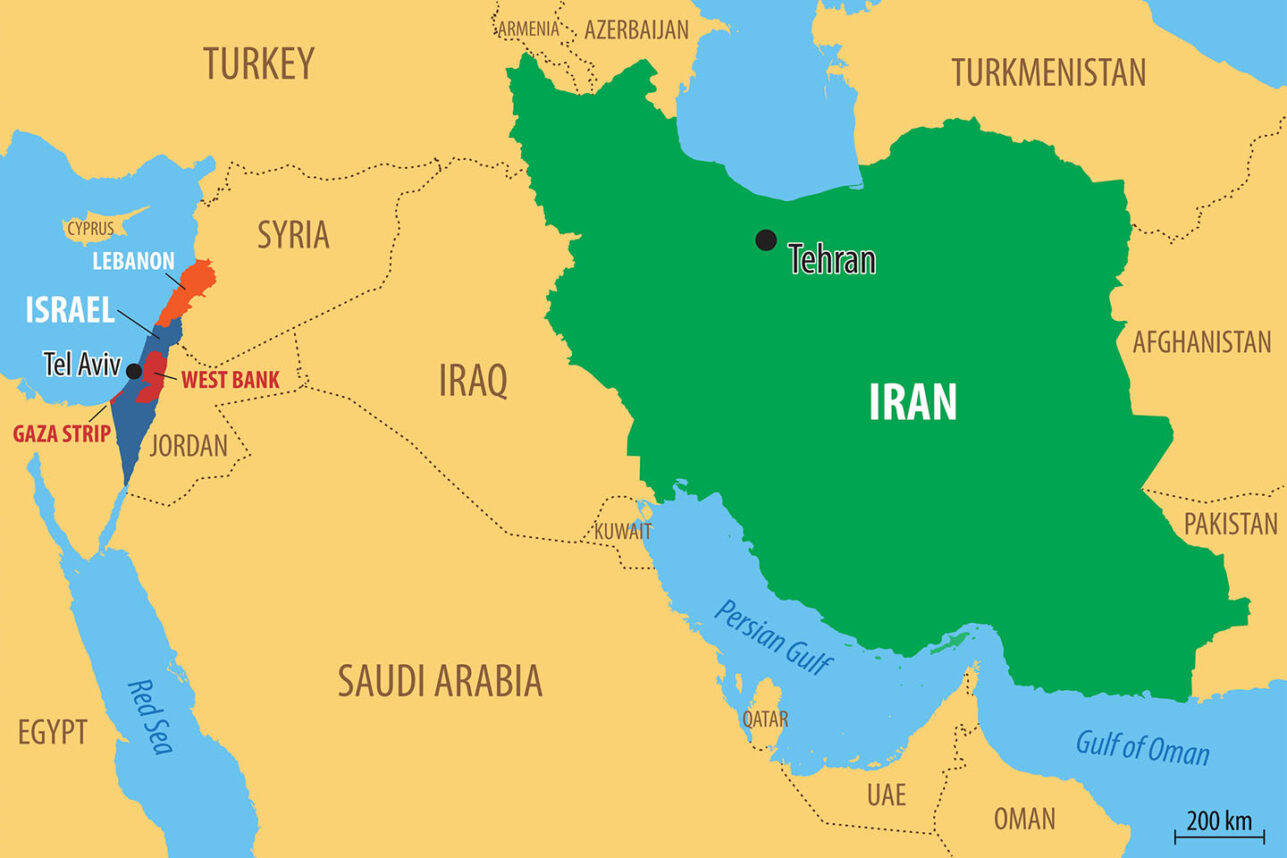
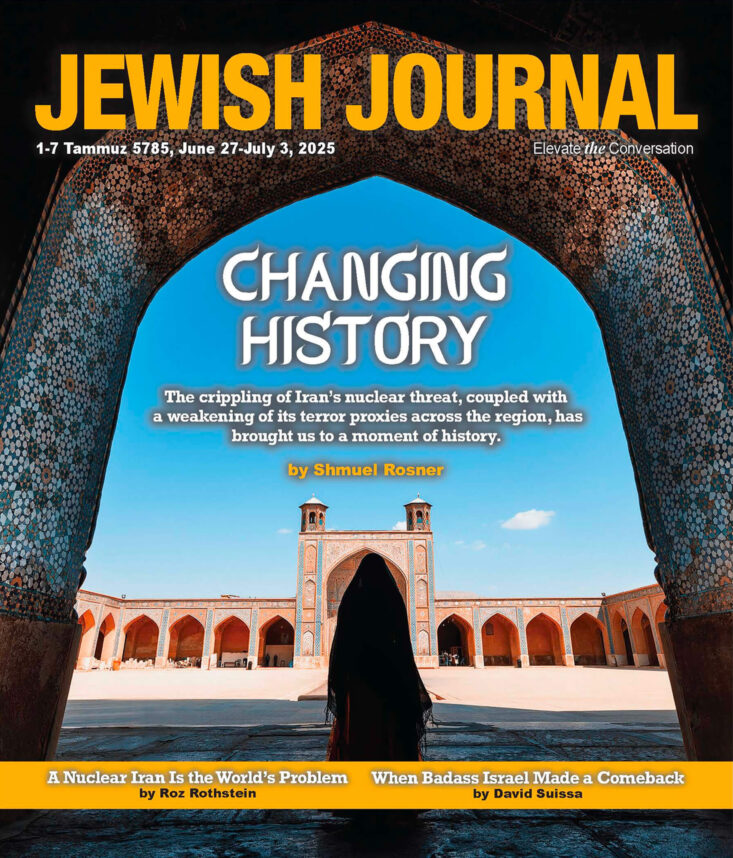
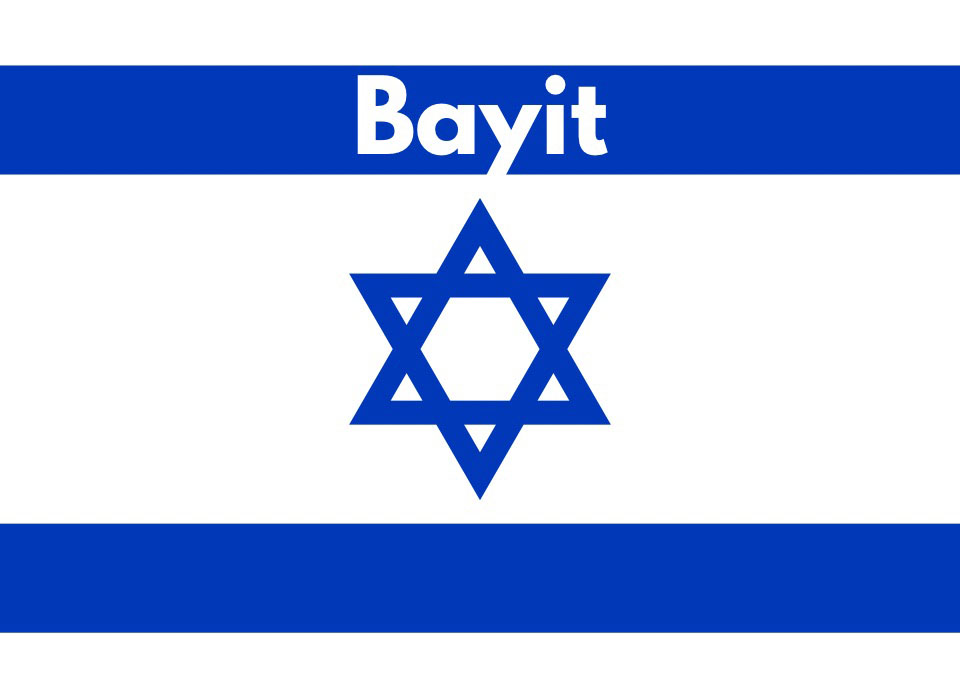
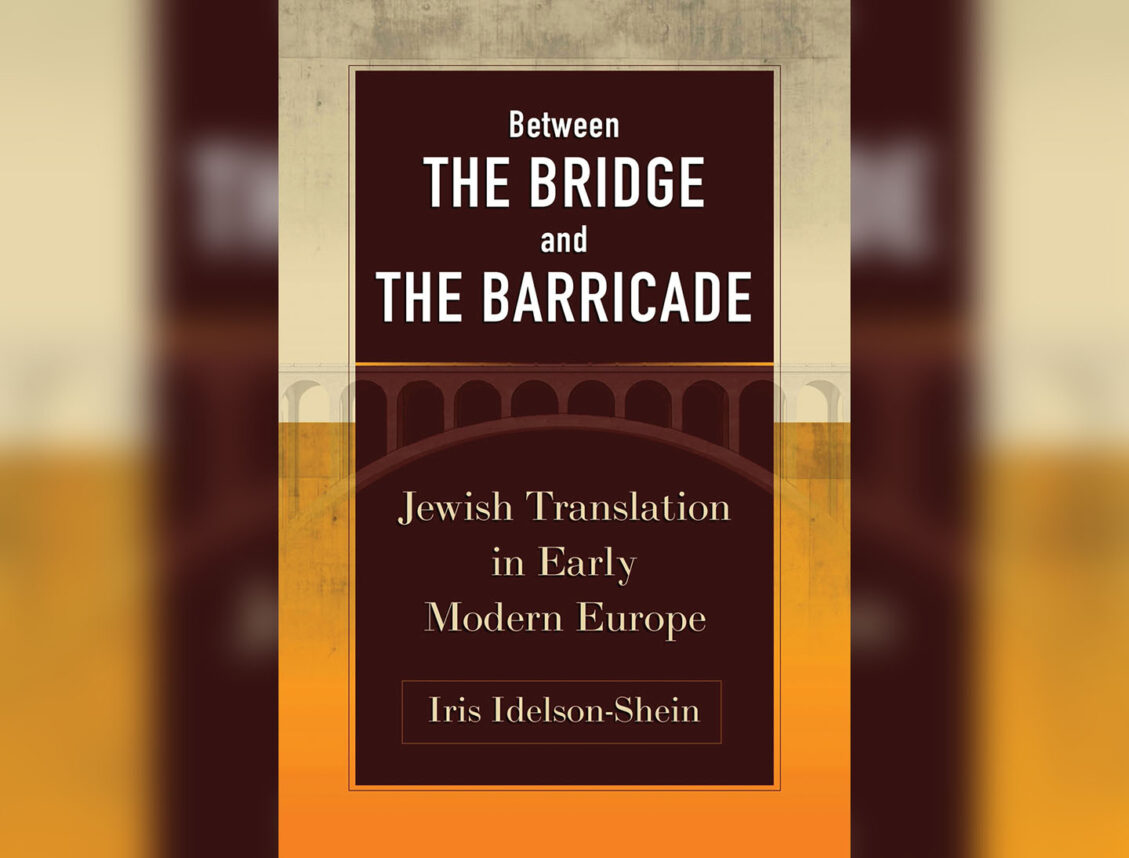

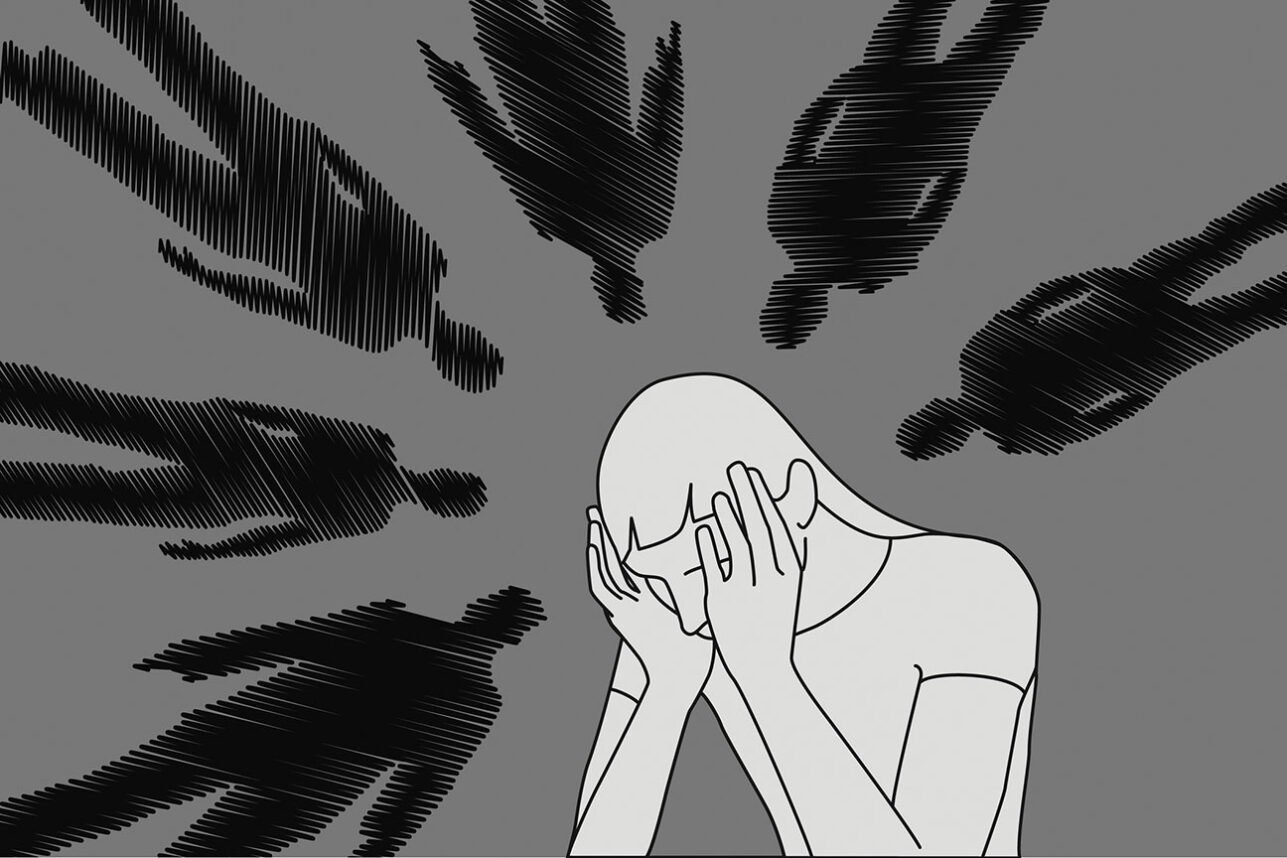
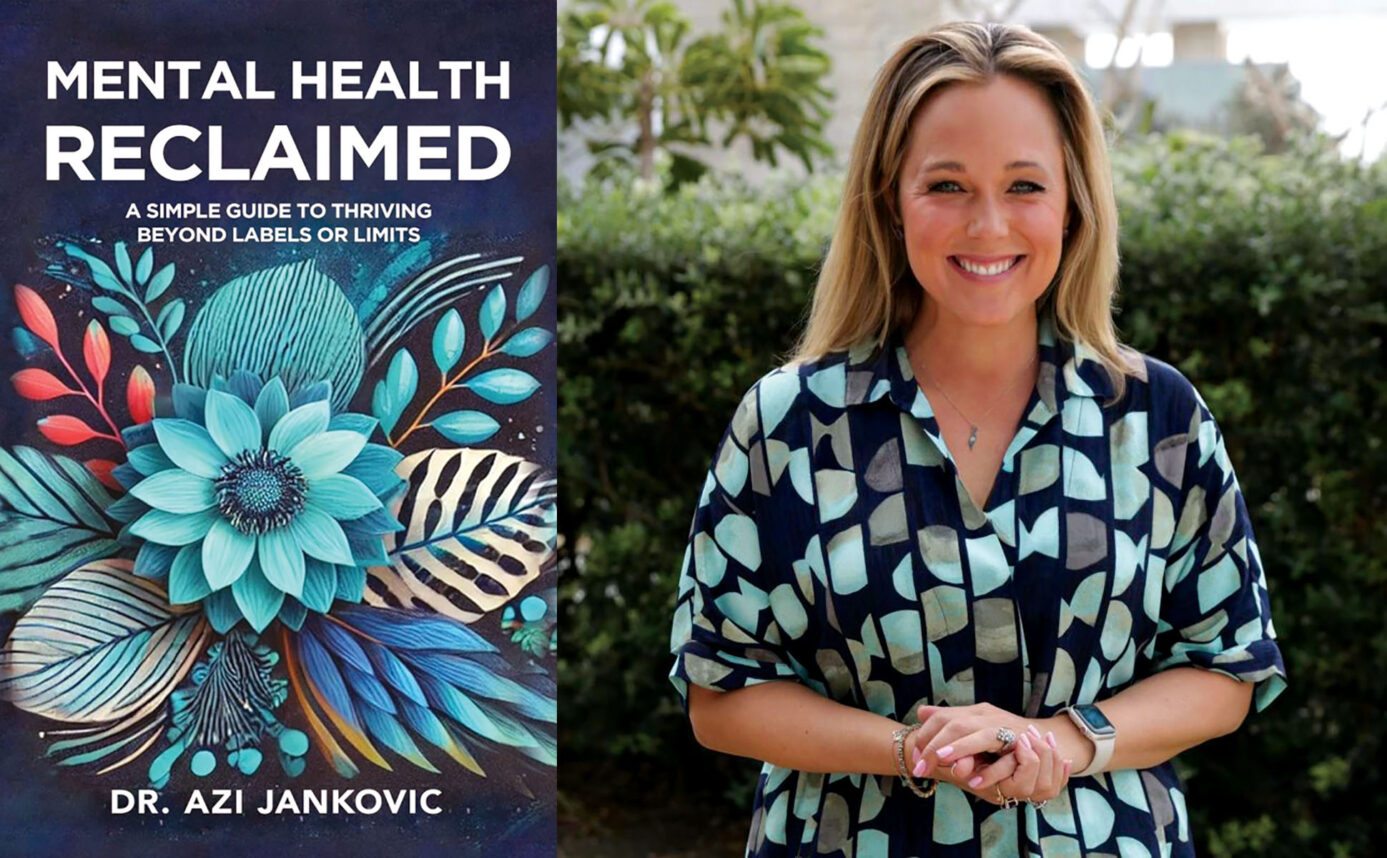
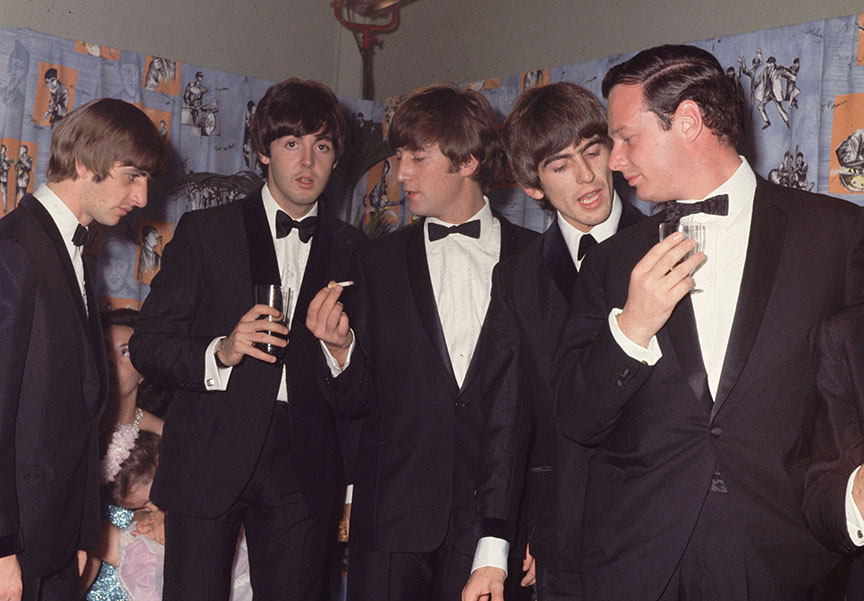
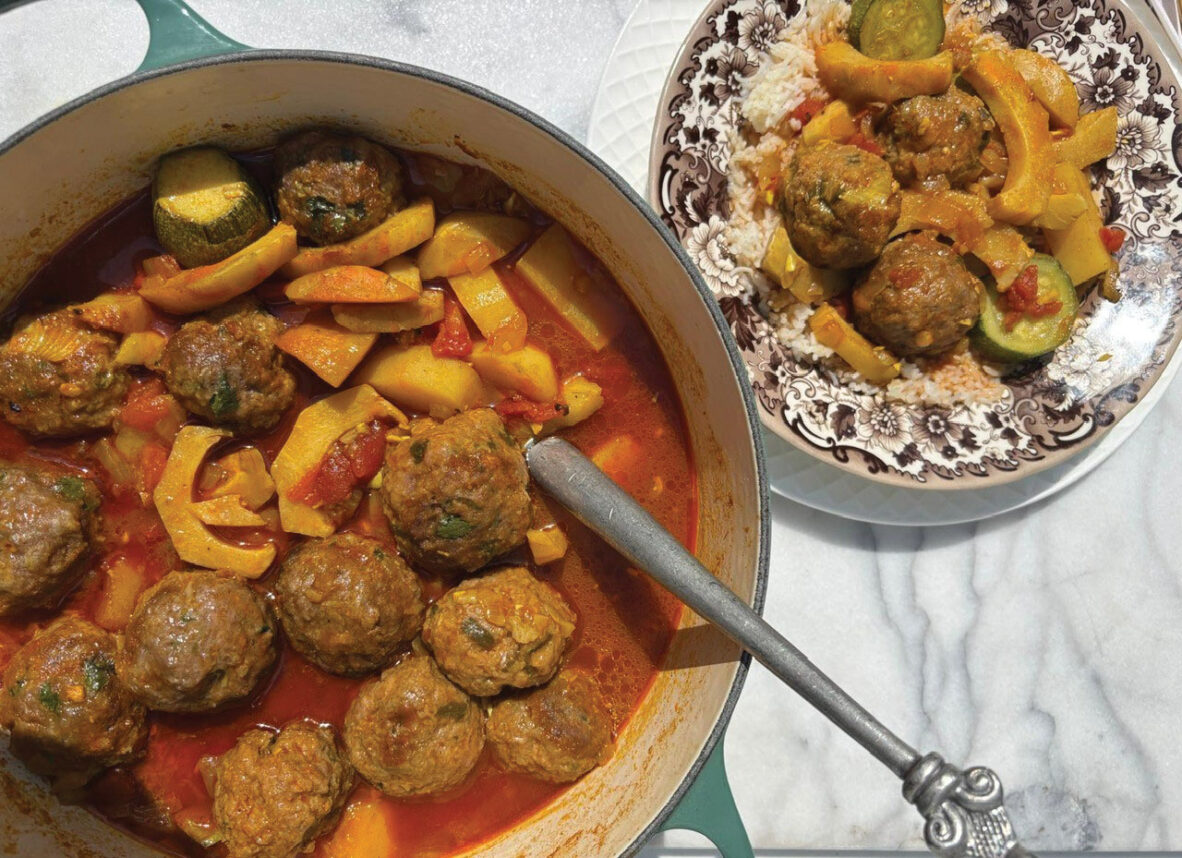
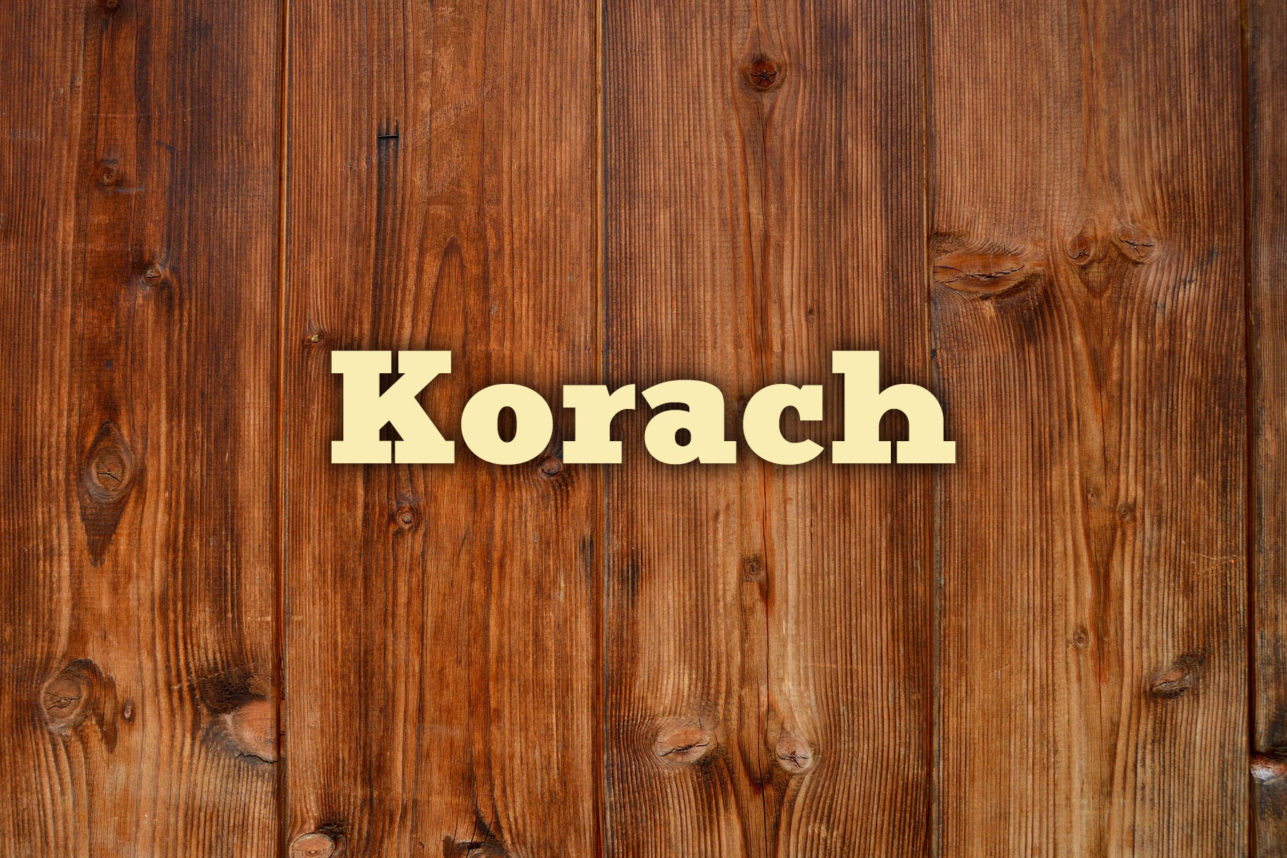

 More news and opinions than at a Shabbat dinner, right in your inbox.
More news and opinions than at a Shabbat dinner, right in your inbox.